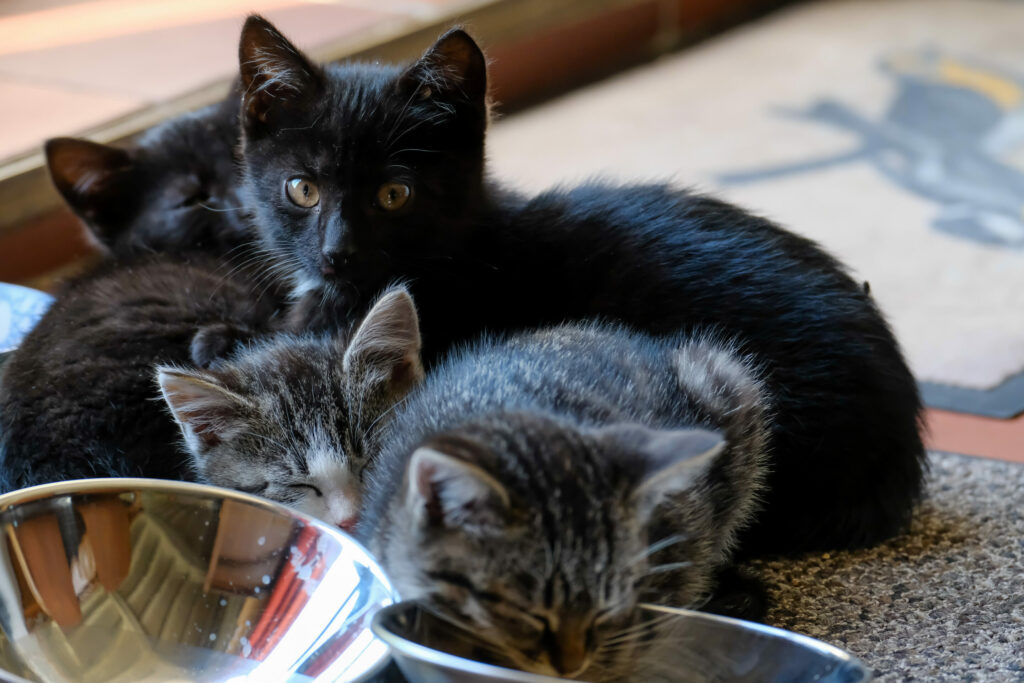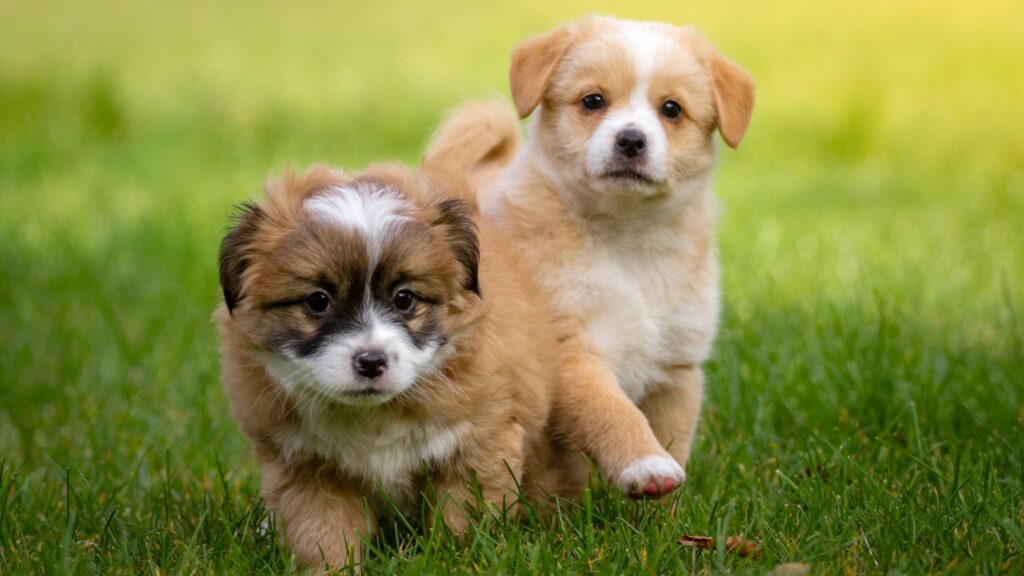The ban on selling imported puppies and kittens in Wallonia – which was implemented in the Walloon Region in 2023 – has been overturned by the Council of State.
The ban was lifted after the court ruled that it was not proven that all animals imported from other countries are by definition bred in poor conditions. It added that Wallonia could not therefore simply go against the free movement of goods – a cornerstone of united Europe.
Flemish Minister of Animals Ben Weyts had always refused to follow the Walloon import ban in Flanders, stating that the regulation violated free trade within Europe – which is also the verdict of the Council of State.
"This was unfortunately completely predictable," said Weyts. "We have to take measures within the European outlines to guarantee the welfare of animals that are imported. Specifically, Flanders wants to conclude cooperation agreements with the countries of origin. We want the rules in Eastern Europe, for example, to be as strict as in Flanders."
Since animal welfare was entrusted to the Regions in 2014, there has been growing attention to the living conditions of animals both in Flanders and also in Wallonia.
Fighting rogue breeders
Animal breeders, for example, are being monitored more and more closely, but it is obviously more difficult to monitor foreign breeders. For example, there is often concern about animals imported from Eastern Europe.
Therefore, the previous Walloon Government introduced an import ban. As of July 2023, it has been forbidden in Wallonia to sell puppies or kittens that had not been bred in Wallonia. Animal rights organisations and MPs alike regularly called on Flemish Animals Minister Ben Weyts to copy the Walloon ban.

Credit: Belga/Nicolas Maeterlinck
However, the Council of State has now overturned the ban, which has been welcomed by Weyts.
"The previous Walloon Government had good intentions. I share the ambition to put an end to the import of sick and weak puppies, bred abroad in harsh conditions," said Weyts. "We absolutely have to fight rogue foreign breeders. But you can only sustainably improve animal welfare with legally robust solutions."
Flanders will now make the commercial import of puppies and kittens maximally conditional on cooperation agreements with countries of origin. In such a cooperation agreement, you can stipulate that the countries of origin must also apply high standards of animal welfare and you can also make agreements for structural monitoring.
That way, Weyts stressed, you can build in real guarantees on animal welfare within the limits of European trade regulations. He will also push for a cross-border registration system at the European level.
"This is not the easiest or most mediagenic route, but it is legally stable and it is producing real results," said Weyts. "For example, we have already concluded a cooperation agreement with Hungary. In the coming years, we will continue along this path. Flanders also wants to take a pioneering role in Europe in this area."

